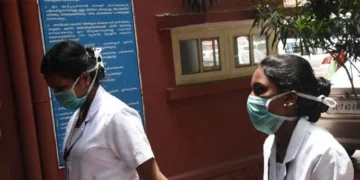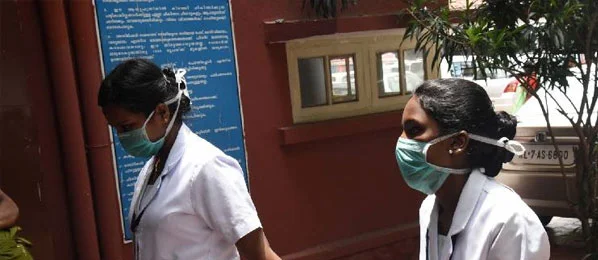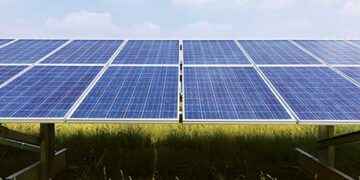Blitz Bureau
NEW DELHI: NEW DELHI: The World Bank’s Board of Executive Directors on October 24 approved a new programme to improve the life expectancy and quality of life for 11 million elderly and vulnerable people in Kerala with wider access to health coverage. The $280 million Kerala Health System Improvement Programme will build a more comprehensive health system resistant to climate shocks. It will also strengthen Kerala’s digital health systems through expanded ehealth services, integrated data platforms, and enhanced cybersecurity.
The programme aims to treat and support over 90 per cent of patients registered for hypertension and diabetes in the state through individual electronic tracking mechanisms. It will also establish a home-based care model for bedbound, homebound, and vulnerable elderly, to provide comprehensive health services. “Good health empowers people, creates jobs, and drives economic growth. Strong, resilient health systems also help economies prevent and better respond to health emergencies and pandemics,” said Paul Procee, the World Bank’s Acting Country Director for India.
“In Kerala, women have one of the highest educational attainments in the country and can contribute more to the state’s economic growth with optimum health. The programme will ensure a 40 per cent increase in patients whose hypertension is controlled and 60 per cent increase in cervical and breast cancer screening for women to accelerate efforts to end preventable deaths,” he added. Kerala has achieved sustained health gains for over two decades, with improvements in neonatal (3.4 per 1,000 live births), infant (4.4 per 1,000 live births), under-five mortality (5.2 per 1,000 live births), and maternal mortality (19 per 100,000 live births) rates.
































